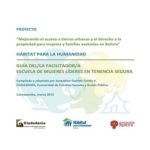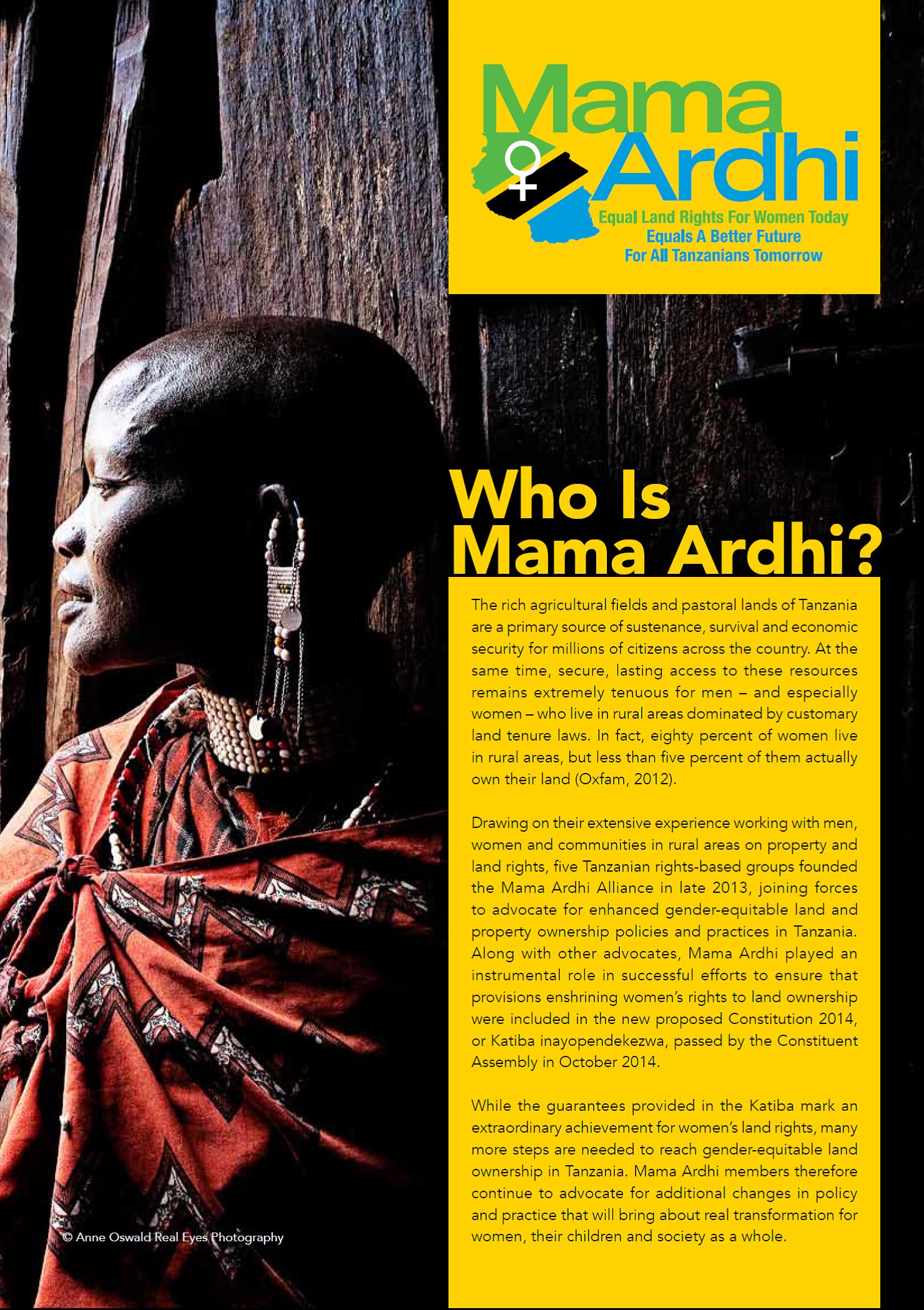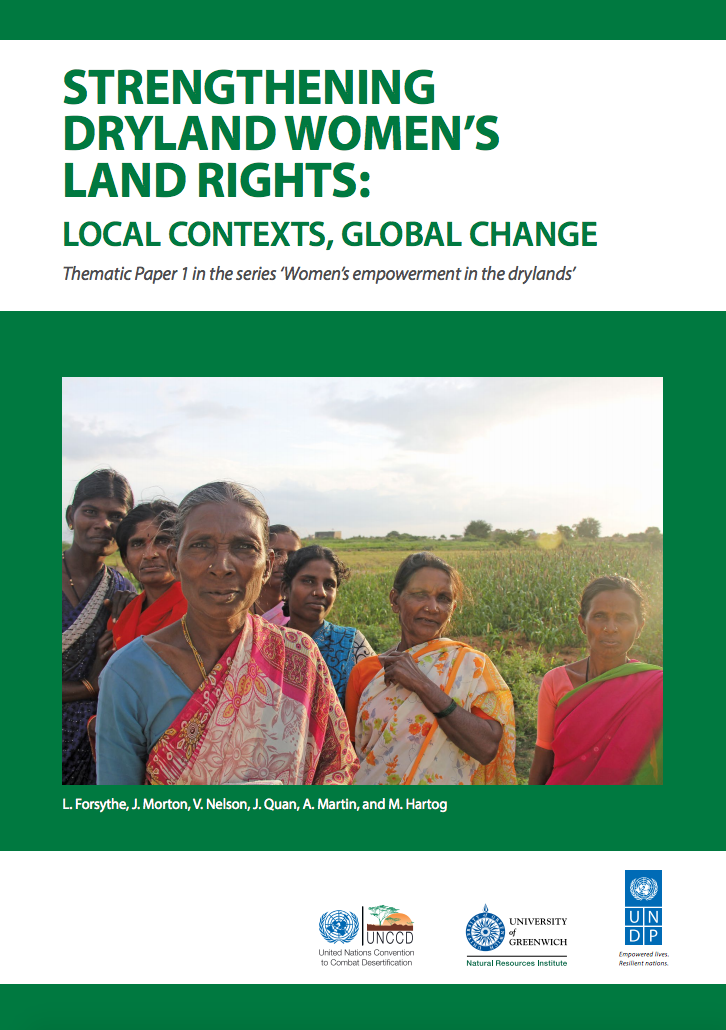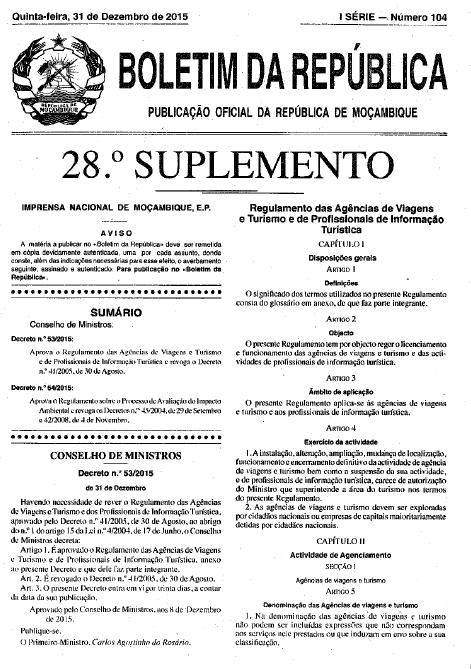Women’s Experiences On Food Security In Kenya: Major Challenges That They Face
This paper discusses the major challenges women in Kenya face as they try to ensure and maintain food security at the household level. The challenges include access to and ownership of resources such as land, finance, water and affordable cooking energy; access to markets and proper infrastructure and
Social capital, conflict, and adaptive collaborative governance : Exploring the dialectic
Previously lineal and centralized natural resource management and development paradigms have shifted toward the recognition of complexity and dynamism of social-ecological systems, and toward more adaptive, decentralized, and collaborative models.
Examining gender inequalities in land rights indicators in Asia
This paper reviews the available data on men’s and women’s land rights, identifies what can and cannot be measured by these data, and uses these measures to assess the gaps in the land rights of women and men.
Gender and Land Statistics. Recent developments in FAO’s Gender and Land Rights Database
Although there is global consensus that women’s land rights are fundamental for the realization of food security and rural development, accurate and reliable statistics to monitor the attainment and realisation of these rights are still lacking.
Mejorando el acceso a tierras urbanas y el derecho a la propiedad para mujeres y familias excluidas en Bolivia
Este documento contiene una propuesta que te servirá para conducir una escuela dirigida a fortalecer las capacidades de mujeres que luchan por la tenencia segura de la tierra y la vivienda urbanas.
Who Is Mama Ardhi?
While the guarantees provided in the Katiba mark an extraordinary achievement for women’s land rights, many more steps are needed to reach gender-equitable land ownership in Tanzania. Mama Ardhi members therefore continue to advocate for additional changes in policy and practice that will bring about real transformation for women, their children and society as a whole.
Proceedings of the Workshop on “Women’s Land Rights in India in the Context of the SDGs”
This is the proceedings of a Workshop organized at India International Center, Lodi Road, New Delhi, India by Center for Land Governance, NRMC, Bhubaneswar with the support of The World Bank, New Delhi. In this workshop, the study team shared the state and district-wise WLR maps segregated across caste and economic categories along with temporal trend.
Strengthening Dryland Women's Land Rights
Land and land-based natural resources are the foundation of livelihoods for millions of people and are related to social, cultural and spiritual identity. This is particularly the case for drylands people, who, due to low and variable rainfall and water availability, have developed adaptive strategies in response to seasonal, climatic and environmental change.
Rural Agricultural Livelihood Survey
The Rural Agricultural Livelihood Survey (RALS) is a new panel survey designed to obtain a comprehensive picture of Zambia’s small- and medium-scale farming sector using the 2010 census sampling frame.
Social and gender analysis report
There is increasing awareness that integrating gender into development frameworks is critical for effective implementation of development strategies.
Regulamento sobre o processo de Avaliação do impacto Ambiental
Regulamento sobre o processo de Avaliação do impacto Ambiental (Decreto 54/2015)







